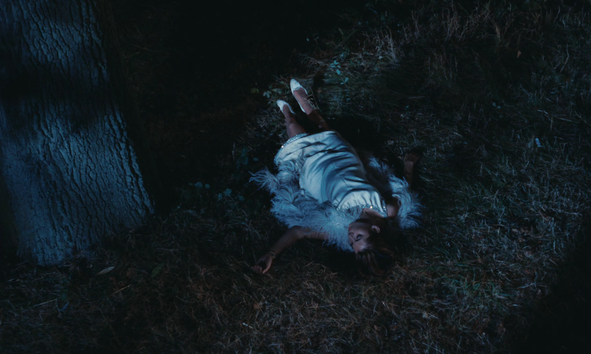 Steven works as a psychology professor at Oxford University. A father with two young children, Steven has begun to feel stifled between family and academia taking up so much of his time. Enter Anna, a beautiful young student who completely grabs Steven's attention, regardless of the fact that she is already engaged to another of Steven's students, William. Joseph Losey's Accident is a complex, mysterious film that is difficult but ultimately rewarding for those able to stick with it. Accident is one of the most esoteric love triangle dramas one is bound to see, with Losey and Pinter intentionally keeping the viewer at a distance, further reinforcing the murky inter-relationships that exist between its host of characters. This is a film all about subtext, with very little given to the viewer directly except for the brooding underbelly of insecurity to keep them company. Steven is the centerpiece of the story, a very intelligent man whose let his insecurities consume him. He fears his loss of independence and growing old, but when Anna comes into his life he finds himself somewhat rejuvenated, though this sort of sexual stimulation only causes strife. Through this dense love story involving multiple men it becomes clear that Machoism is a central theme in the film, with nearly every character from William to Steven puffing out their chests in various ways in an effort to win Anna's affection. A Harold Pinter & Joseph Losey collaboration, Accident is an ambitious and impressively put-together relationship drama that is difficult but ultimately rewarding.
0 Comments
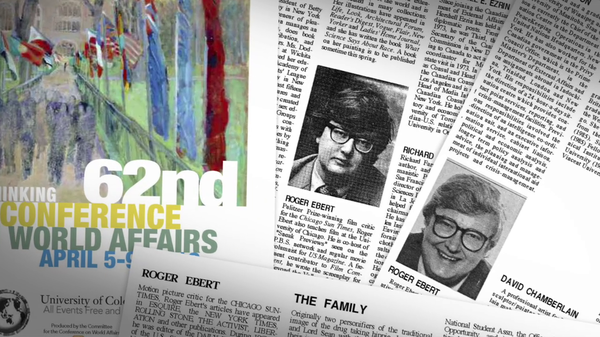 Steve James' Life Itself is a documentary feature recounting the inspiring life of world renowned film critic Robert Ebert. Starting from his childhood and leading all the way up to his death, Life Itself is an intimate portrait of arguably one of the most important figures in cinema history. Steve James is a talented documentary filmmaker who understands that a film's style should be dictated by its subject, and with Life Itself he lets Roger tell his own story to a degree, using Ebert's written memoir as a way to deeply personalize the story and capture the true essence of the man. The film is an honest and heartfelt documentary that is a mix of emotions, being funny, painful, and hopeful all at once. Life Itself explores the overall legacy of Roger Ebert, capturing his relationship with Gene Siskel, touching on how he revolutionized film critique, and how he became one of the most influential cultural voices in America. At one point the film veers into the art vs. commerce discussion centered around cinema, but like Robert Ebert himself, Steve James doesn't show much interest in exploring this conversation, instead focusing more on the personal story of Roger Ebert. Life Itself is a must-see documentary for anyone who was a fan of Roger Ebert, giving a deeply personal look into the man behind the written word. 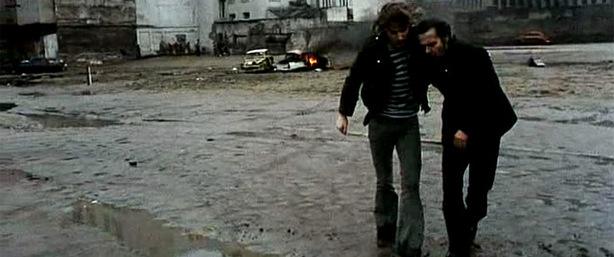 Taking place in the grimy, garbage-filled streets of Hamburg, Germany, Roland Klick's Supermarkt tells the story of Willi, a young, petty thief who seems almost always on the run from the police or other hoodlums. Reduced to stealing coins from a tip jar, Willi is one of life's victims, a man who presumably could use a helping hand. Roland Klick is one of those forgotten filmmakers that deserves far more respect than he gets. With Supermarkt, Klick has crafted a grim, extremely well-paced social commentary about the boundaries society places, chronicling Willi's attempt to "make it" in society. Klick presents a world in which upper mobility is pretty much non-existent, with Willi's past always coming back to haunt his present intentions. Throughout the film Willi meets various people intent on helping him, most notably a journalist intent on writing an article about Willi's failures in life. What is most interesting about these series of encounters is how they inadvertently force Willi to become even more deeply involved in the criminal world. In the beginning of the film, WIlli is basically stealing coins from a tip jar but by the end he is committing much more serious crimes such as armed robbery and even murder. Even the wealthy or "well-adjusted" members in society are basically leaches, latching on to Willis in an attempt to get something out of him for their own personal gain. Truthfully, I believe this could the largest takeaway of the entire film, with Klick making a pretty grim, yet profound statement about the selfishness of man. The final shot of Klick's Supermarkt perfectly captures many of the themes touched on in the film, individual vs. society, societal barriers, etc. showing Willi as a man who appears to have been accepted into society, though the viewer knows he never conformed in doing so. Supermarkt is not a film interested in politics or making some sort of grandiose statement about rich vs. poor, it's instead a fascinating exploration of humanity and society which captures the unfair nature of life and the importance of doing things for yourself. 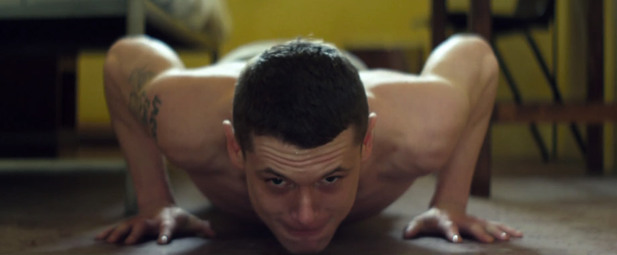 Eric, an arrogant and ultra-violent hooligan, has just been transferred from his juvenile prison to a adult prison facility which just so happens to be where his estranged father resides. Carrying an explosive temper in with him, Eric quickly finds himself making enemies with both inmates and prison authorities alike, even pushing his volatile relationship with his father to an all new level. David Mackenzie's Starred Up is a relentless, uncompromising portrayal of prison that is unquestionably elevated by its lead performances. While Jack Connell has been garnering much deserved attention for playing Eric, Ben Mendelsohn is equally impressive as his tough, somewhat empathetic father. Jack Connell brings a combustible edge to his performance that is entrancing to be sure, but Ben Mendelsohn creates a much more complicated and intriguing character, who the audience themselves is unsure of his true intentions. Through these two fantastic performances Starred Up creates a genuine portrait of the sociology behind the hellish subculture of inmates, never making excuses but attempting to simply present the ecosystem these men inhabit in prison. The film shows how dangerous these men are but also how damaged they are, commenting on the institutional corruption and lack of interest in rehabilitation. While Starred Up is full of explosive sequences, the quieter moments are when the film truly excels, taking on an almost reflective-state, attempting to capture what it must be like for a prisoner who is alone only with their own thoughts. David Mackenzie's Starred Up is a solid film with great performances, tackling many of the same issues addressed in the sub-genre. 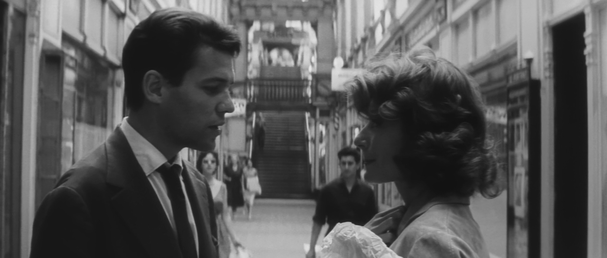 Set in the port city of Nantes, Jacques Demy's Lola tells the story of a cabaret singer who awaits the return of Michel, her long-absent lover and father of her child who went to America intent on becoming wealthy. In Michel's absence, Lola is courted by Roland, her childhood friend, and Frankie, an American solider. A film which could be described as an ensemble, Lola spends nearly equal time with its various characters, capturing their hopes, desires, and weaknesses in full effect. Like all great ensemble films, Lola creates a world where its characters inhabit the same space, each interacting with one and other in both direct and in-direct ways. There is no gimmick in this approach, with Demy using it to his advantage in capturing the day-to-day coincidences and near-misses that make up daily life. I particularly found Roland to be a fascinating character, a man who wants more out of life, tired of his own mundane existence. When he stumbles across Lola after years of not seeing her, he is given purpose, though his intentions of falling in love are short-sighted to say the least. While he may not be the main character by traditional standards, I would argue Roland's character is the most important, personifying the most powerful theme of Lola, how there are both sides to the equation, when dealing with love, loss, and longing. Through his character we see how quickly a man can become defeatist, and just how quickly and powerfully love can defeat such urges. Though his character is blind to this himself, he encapsulates the greater optimism spread throughout Demy's Lola. which suggests we never what life has in store for us. 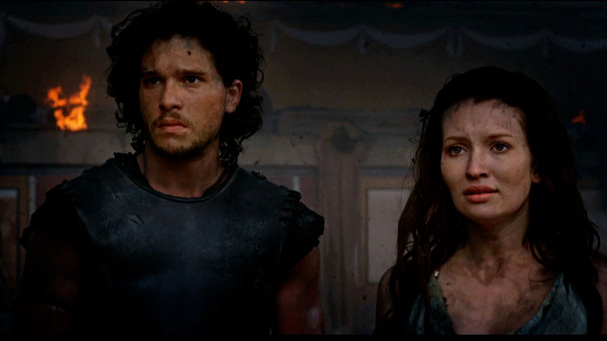 Set in the times of the Roman Empire, Paul W.S. Anderon's Pompeii tells the story of Milo, a young man who witnesses his entire family slaughtered by the Romans, enslaved, and forced to fight as a gladiator for their amusement. Now in the city of Pompeii, Milo discovers that the man responsible for his parents death, Senator Corvus, is visiting the city, intent on wedding the beautiful daughter of a wealthy politician in Pompeii. Judging from the small segments which bookend the film, Paul W.S. Anderson is trying to make a serious film, but almost everything about Pompeii is derivative, lazy, and silly. The whole narrative of Pompeii is a collage of ideas from better films, with Milo and Cassai's respective plights being incredibly generic and uninteresting. The love story between these two characters is slapped together, them first meeting due to Milo's ability to tame or as Cassai says "talk to horses". These actors have no chemistry, with Kit Harrington bringing absolutely nothing to his role in a sleepwalking performance. It always amazes me how some filmmakers that can do disaster type action sequences with ease yet struggle when it comes to more traditional action set pieces. Well, Paul W.S. Anderson is yet another example of this, with Pompeii having ineffective fight sequences that use ramped up visuals and editing to create an exhausting experience. Once the volcano begins to erupt the experience does become more visceral with everything up to that point almost feeling cheap. Paul W.S. Anderson's Pompeii is exactly what you would expect, a generic, stupid narrative that is there to kill time until the CGI mayhem begins. 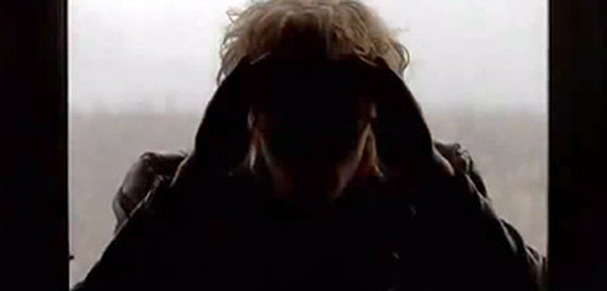 Tom, a young advertising copywriter, heads to the countryside for the funeral of his boyfriend. On his arrival, Tom is surprised to learn that no one, including his boyfriend's own mother, knows who he is or his relationship with the deceased. What begins as a quiet weekend of grieving quickly turns into a twisted game, as the brother of the deceased uses Tom's secret to his advantage, leading to an unsettling conclusion that exposes the man's dark past. Xavier Dolan's Tom at the Form is a grim evocation of the power fear can have on an individual in a fragile state. The film's allegorical intentions centered around homosexuality are clear, if not a tad overwrought, with Tom's situation on the farm mirroring the fear, anxiety, and trauma a homosexual likely fears when attempting to "come out" to his friends and family. The relationship between Tom and Francis, the older brother, is the centerpiece of the film, a confrontation fueled relationship that encapsulates the power of grief and how hard it truly is to accept loss. Francis' character is the closest thing to an antagonist in the film, an individual intent on keeping his brother's homosexuality a secret by any means necessary. He is in a state of denial about his brother, taking out his anger and frustration on Tom in a a twisted game that exposes Tom's inability to accept his lover's death. The twisted relationships explored in Tom at The Farm are done in a way that would make Hitchcock proud, even if the film's last act reveal and overall self-seriousness approach become a bit much towards the end. Xavier Dolan's Tom at the Farm is a frightening experience, a allegorical nightmare about grief and acceptance that is far from perfect but intoxicating nonetheless.  Mitch and Colin are two 60-something ex-brother-in-laws who live what could be described as a mundane existence at this point in their lives. Both divorced, Mitch convinces Colin to take a road trip through Iceland in an effort to live a little and possibly reclaim some semblance of youthful exuberance. Aaron Katz & Martha Stevens' Land Ho! is a charming story exploring friendship, aging, and loneliness. Tonally, Land Ho! is very much a comedy, with Mitch's raunchier character providing the majority of the laughs. Land Ho! works because of fully realized characters and the performances by both of the lead actors. Land Ho! is a very endearing film but I wish it would have been a little more pensive, opting instead to keep things on the surface in a subtle but at times lacking approach. Mitch and Colin are very different men on the surface but they both struggle with the idea that their lives are essentially over, feeling worthless, like time has passed them by. The film handles this in a very light way, making me never have as much empathy as I should have for these characters. Land Ho takes full advantage of Iceland's stunning landscapes, juxtaposing them with the silliness of its characters in a way that just feels magical. While Land Ho's gentle approach left me less invested than I expected, its charming characters and artistic design make it a solid film that captures the fear associated with aging. 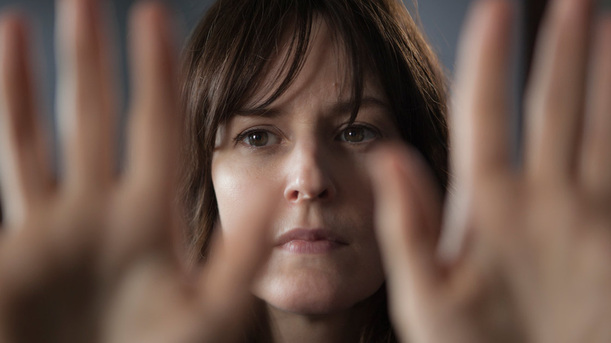 Abby is a free-spirited individual who works as a massage therapist. Her brother, Paul, couldn't be more different, a product of routine who runs a struggling dental practice where he depends on his emotionally-stunted daughter, Jenny, to help keep the business afloat. Out of nowhere, a transformation begins, with all three characters going through radical changes in their day-to-day lives that will leave them changed forever. Lynn Shelton's Touchy Feely is an ambitious, observant examination of both family and the individual which attempts to capture the delicate psychic balance associated with one's ability to be comfortable in their own skin. Shelton is a filmmaker that isn't interested in exposition, with much of Touchy Feely challenging the viewer to keep up with the interrelationships and psychological strife. This is a film striving for a deep examination of one's attempt to find themselves that never quite achieves it. Shelton's film doesn't provide answers or even reasoning for some of her character's issues which isn't necessarily a bad thing, as she feels intent on providing a window into their psyches, exploring the fragility of her characters. Lynn Shelton's Touchy Feely beautifully captures the importance of acceptance, with each character coming to understand and appreciate each others short comings, but it never full develops into a complete assertion of its thematic intentions. 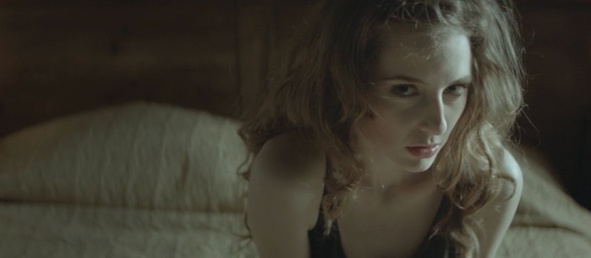 A documentary centered around a polish serial killer who murdered five woman between 1975 and 1982, Marcin Koszalka's The Lust Killer explores the lives of the key individuals affected by the infamous "vampire from Bytom". Interviewing both the arresting officer and a former journalist, Edward Kozak, who concedes to the fact that the himself struggles with various obsessions. The Lust Killer is a beautifully shot documentary that uses interviews and this sort of stream of conscious visual flair to comment on humanities faults when it comes to lust, perversion and desire. It's a beautiful film that at times literally confronts the viewer, using characters that break the fourth wall almost as if the director is trying to trigger lust within the audience. The film argues that all humans have dark tendencies and the only difference between many and a serial killer is the ability to separate fantasy from reality. This film openly supports Dostoevsky's quote "The degree of civilization in a society can be judged by entering its prisons", using Edward Kozak to further capture this point. Edward is a man whose one true accomplishment revolves around the lust killer, a seemingly good man who himself struggles with his own demons. While I found the film to be interesting, The Lust Killer ultimately struggles in its exploration due to relying almost entirely on Edward's issues. There is no question that he is a slave to his lust and desires but I wouldn't say it's enough to hammer home the film's greater ambitions. |
AuthorLove of all things cinema brought me here. Archives
June 2023
|
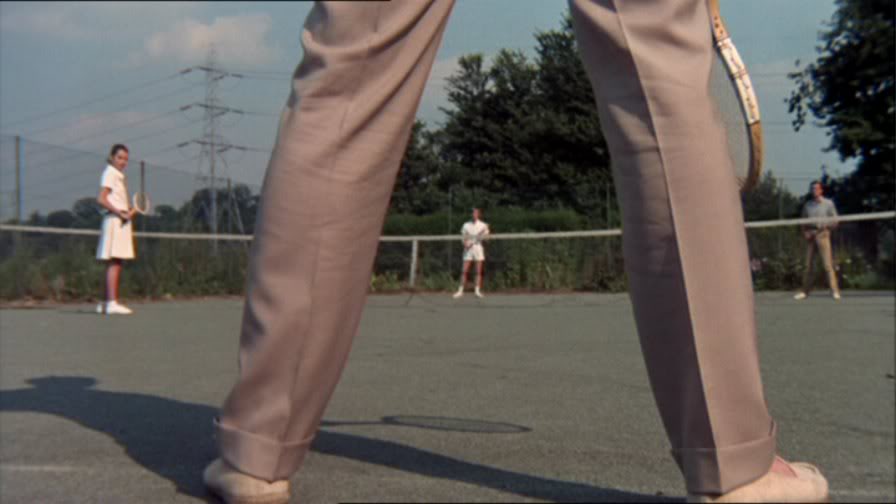
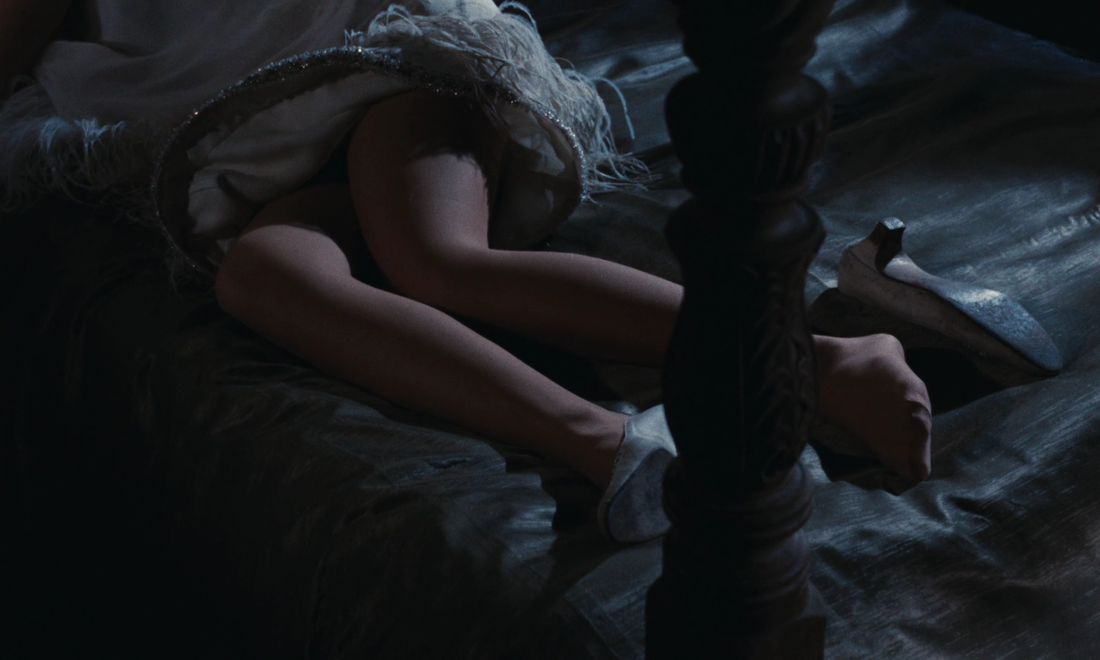
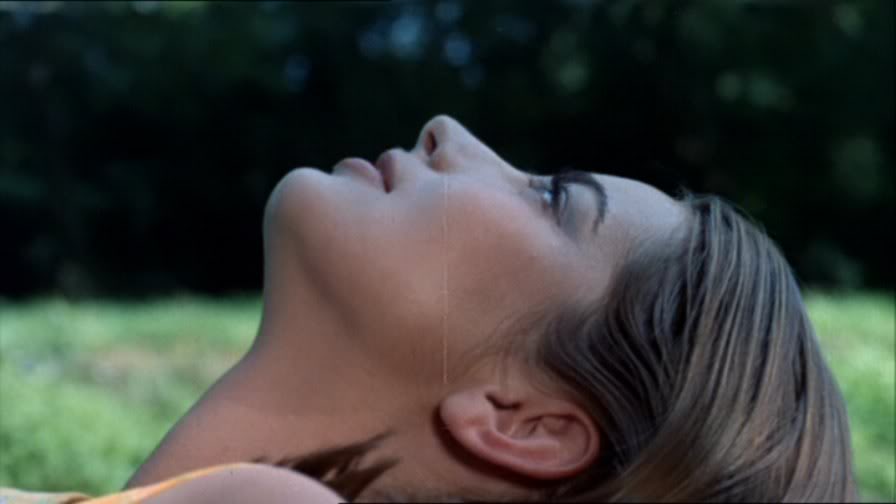
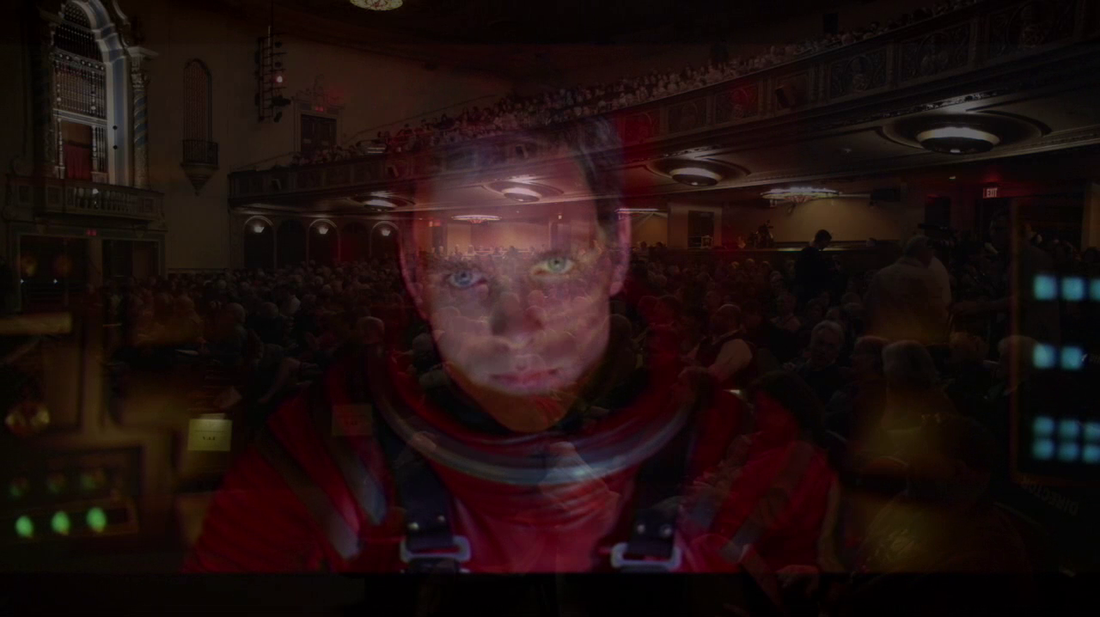

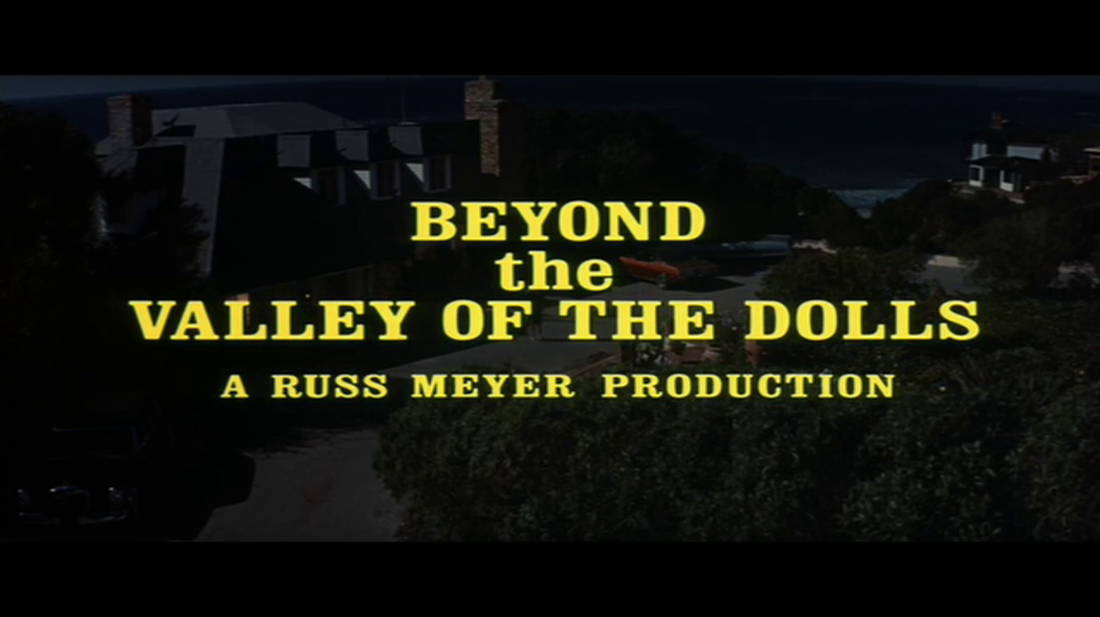
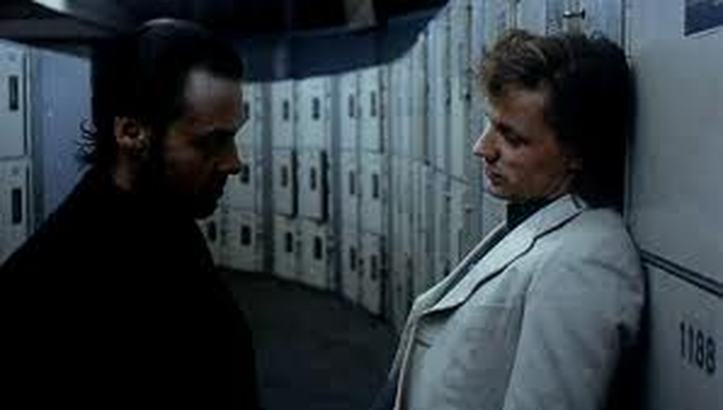
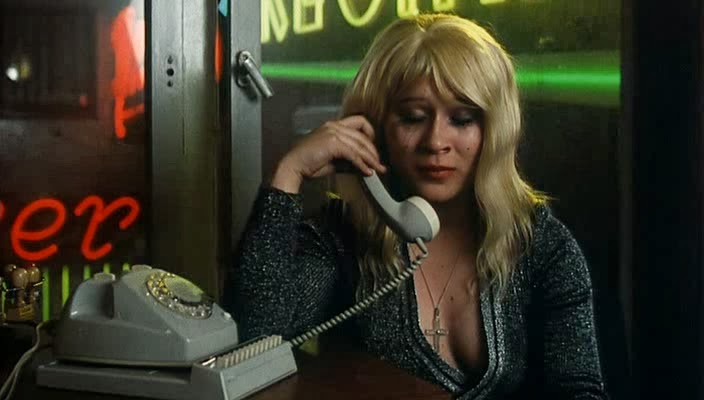

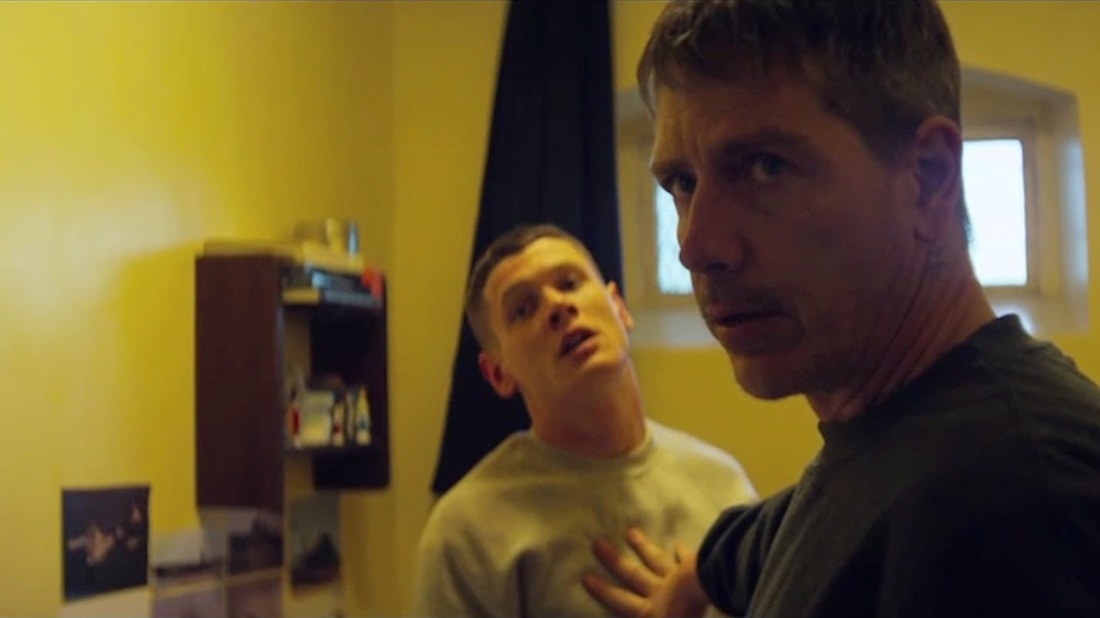
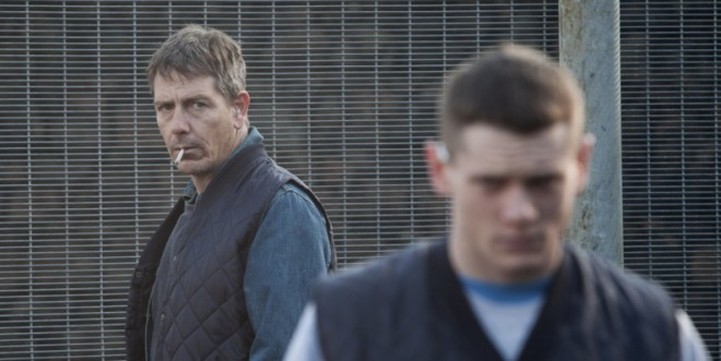
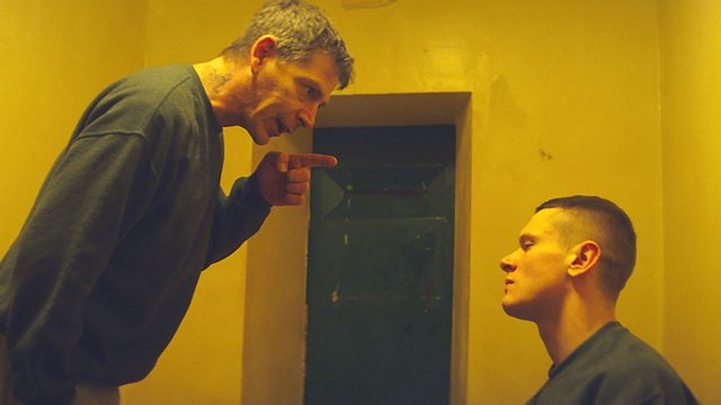
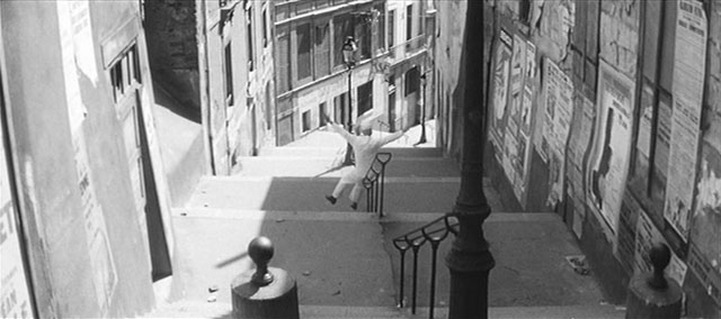
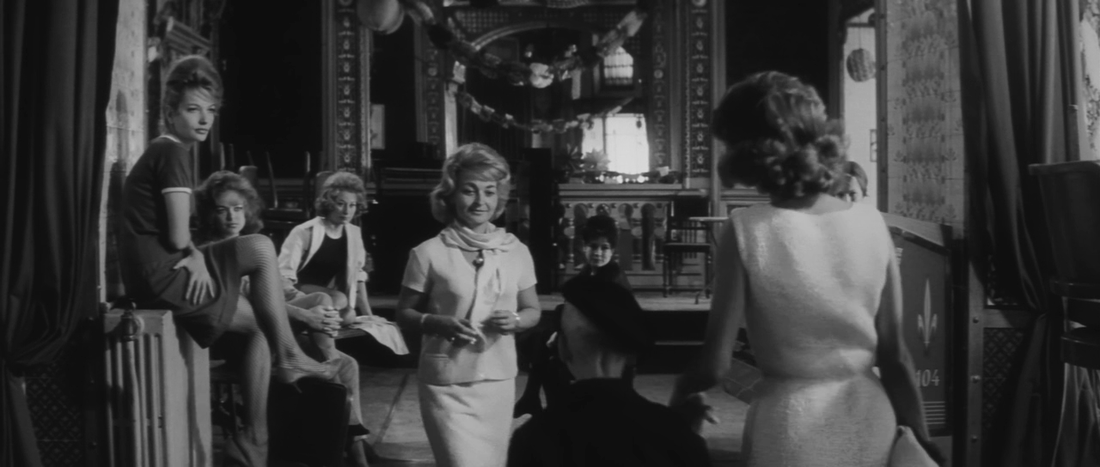
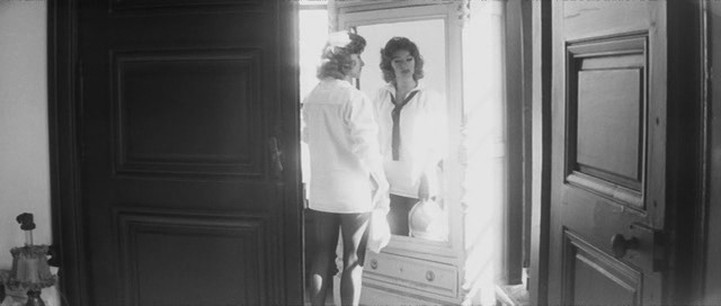
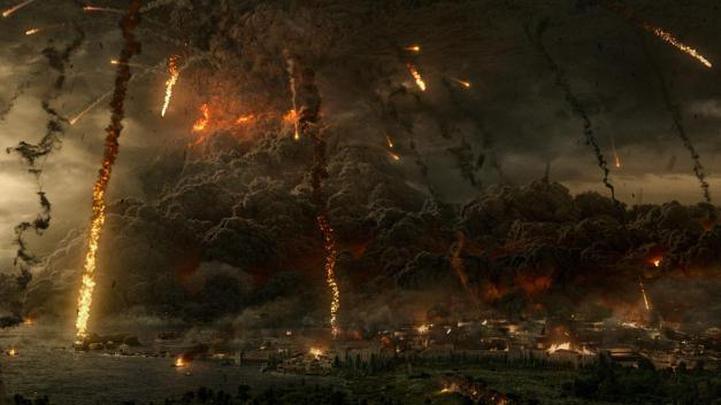
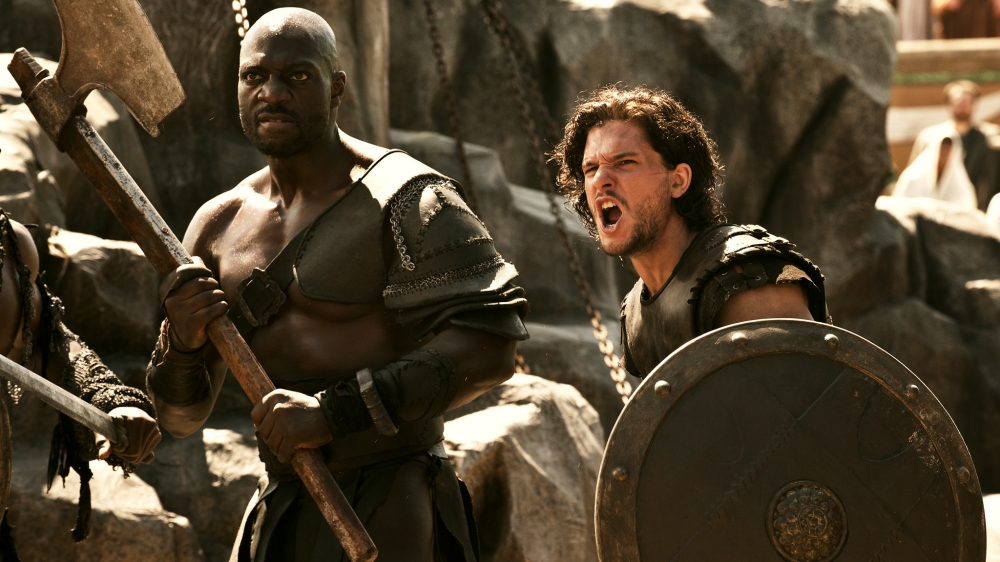
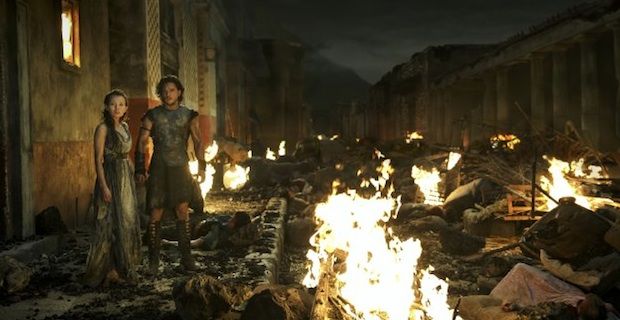
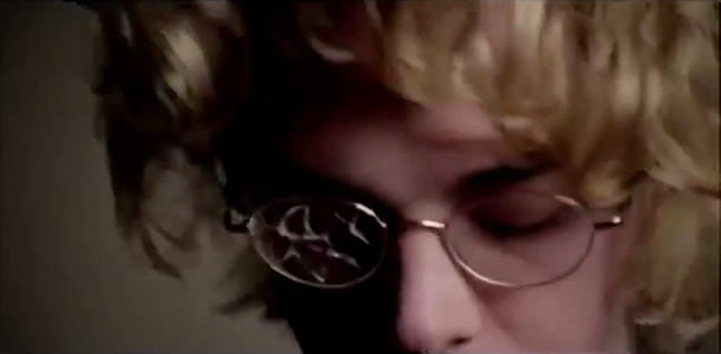
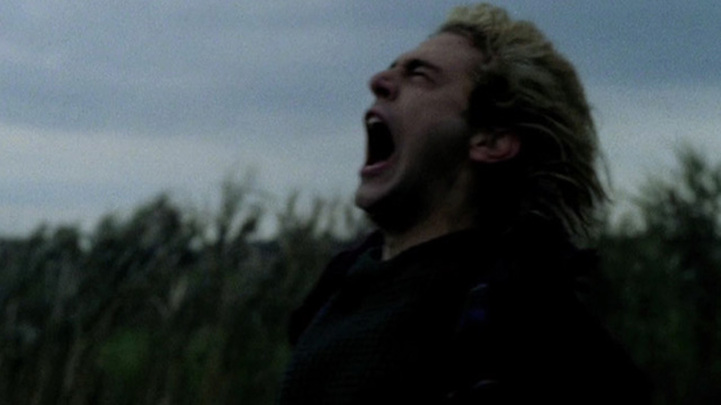
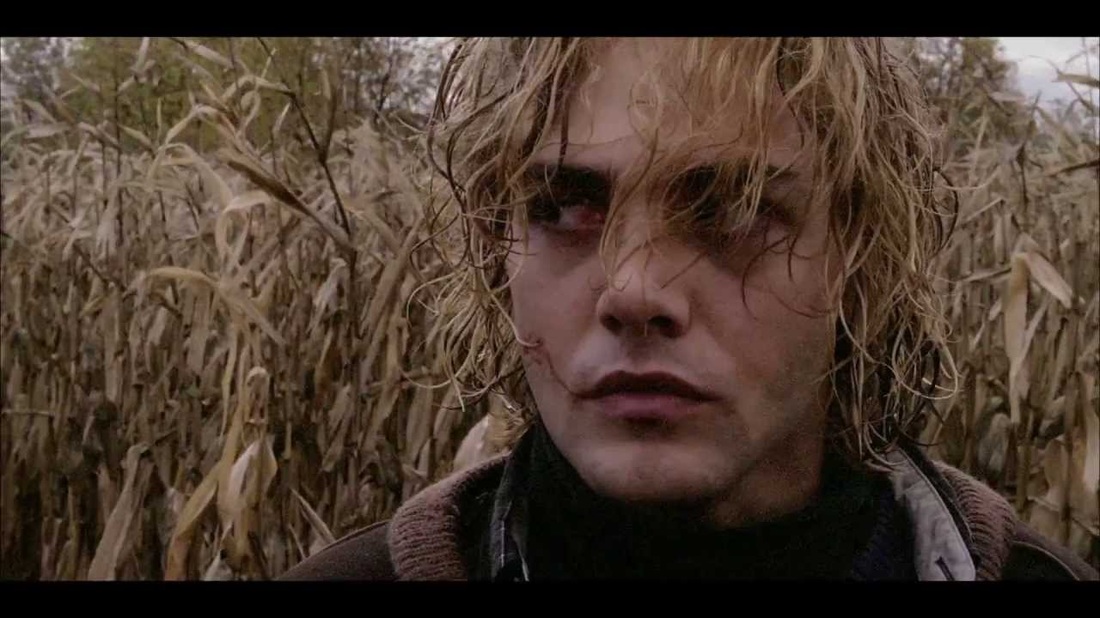
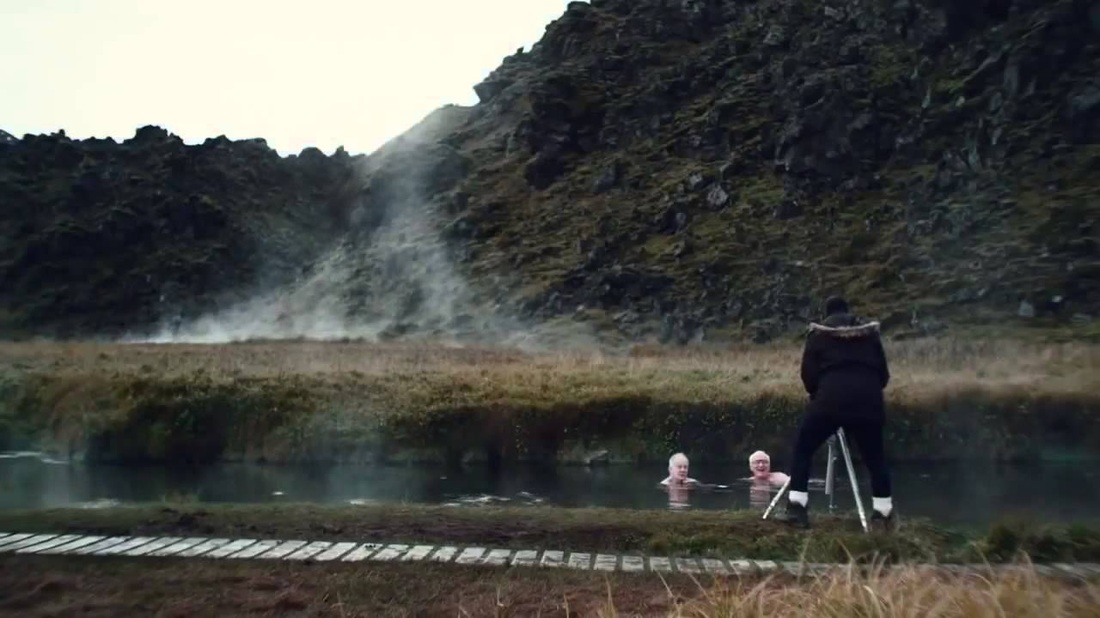
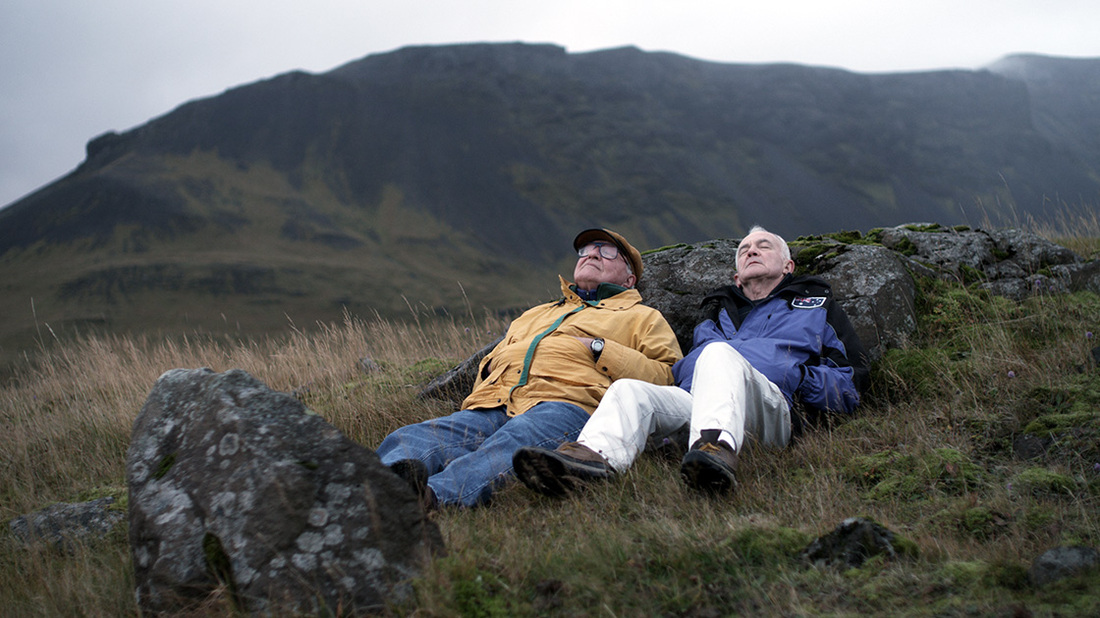

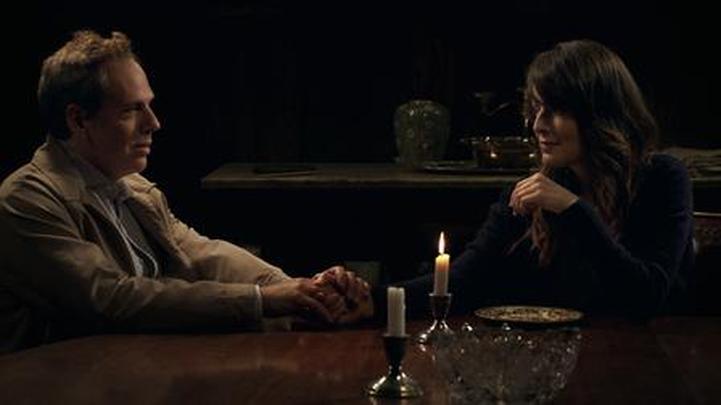
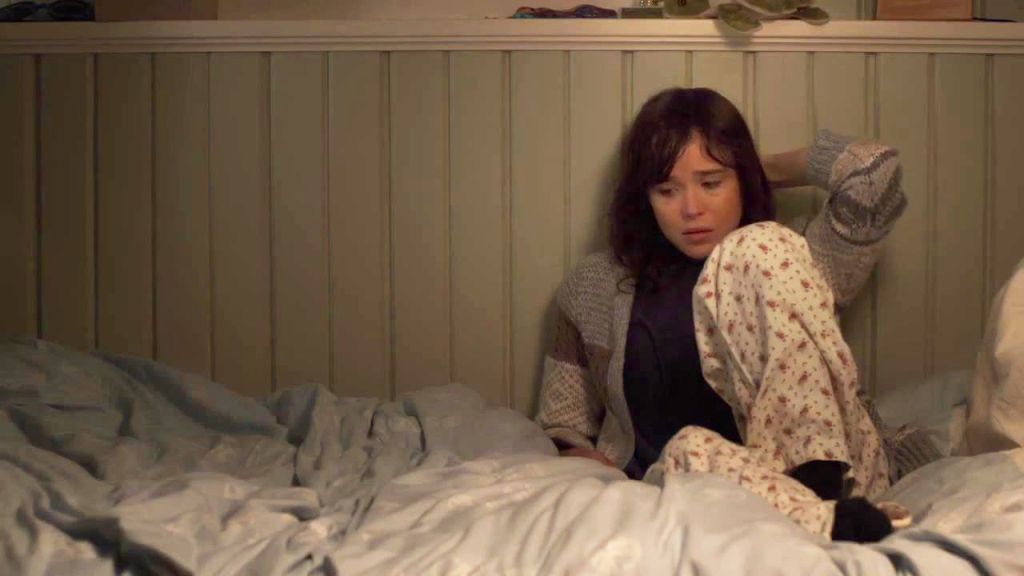
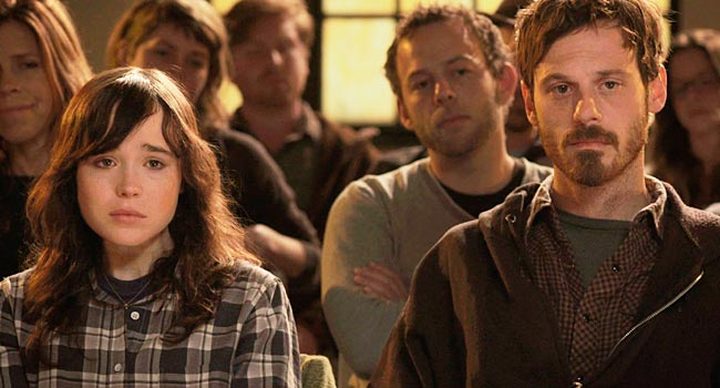
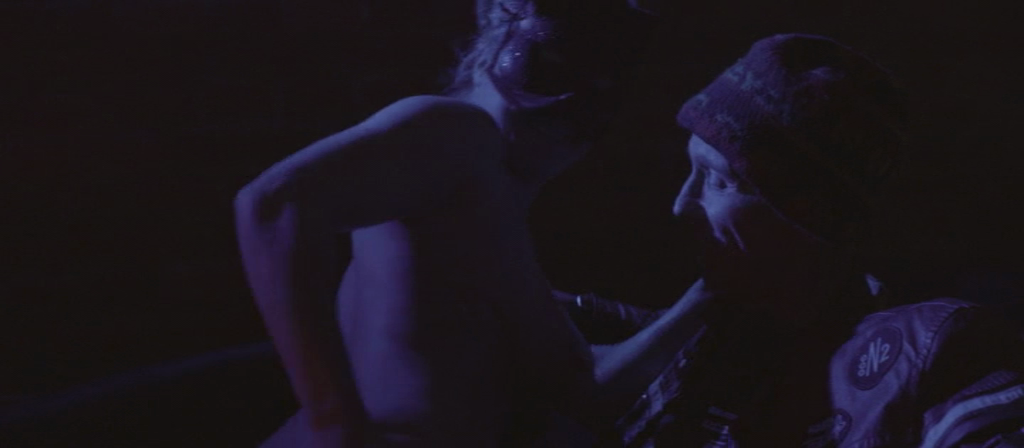
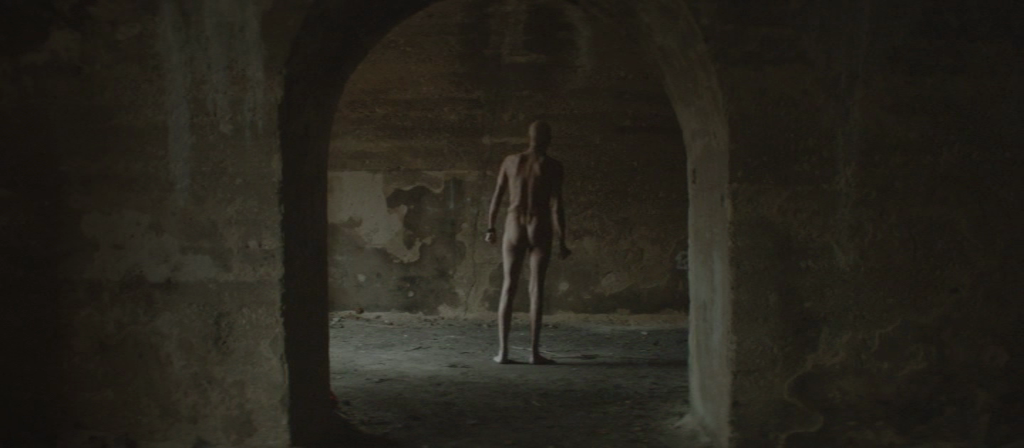

 RSS Feed
RSS Feed
